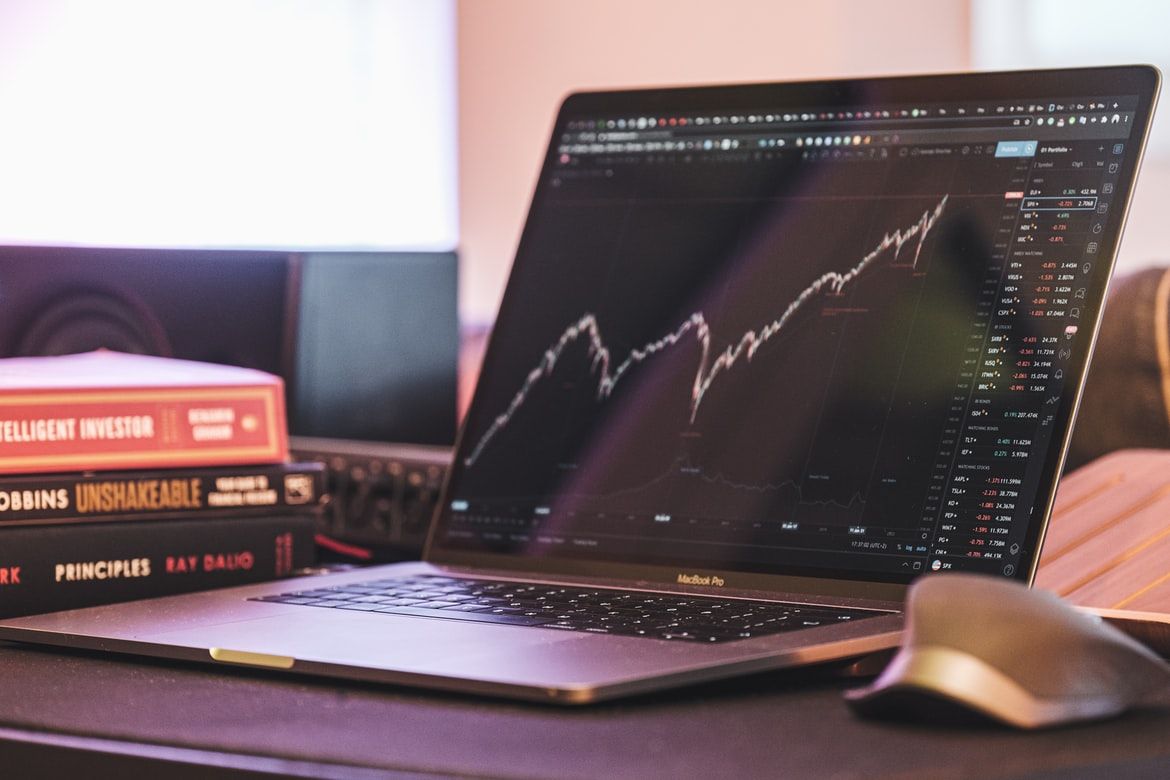Foreign institutional investors (FIIs) sold shares worth a net Rs 1,174.05 crore, while domestic institutional investors (DIIs) bought shares worth a net Rs 1,643.84 crore in the Indian equity market on April 26, as per provisional data available on the NSE.
Also Read| Trade Setup: Top 15 things to know before market opens on April 27, 2022
In the month of March 2022, FIIs sold shares worth a net Rs 43,281.31 crore while DIIs bought shares worth a net Rs 39,677.03 crore.
Also Read| LIC IPO: Price band fixed at Rs 902-949, Rs 60 discount for policyholders
Sensex rose 776.72 points or 1.37% to 57,356.61 and Nifty was up by 246.85 points or 1.46% to 17,200.80 in the previous session.
Also Read| Bajaj Finance Q4 Results: Net profit jumps to Rs 2,420 crore, NII grows 30%
Sensex touched a high and low of 57,442.24 and 56,904.51, respectively. There were 25 stocks advancing against 4 stocks declining, while one stock remain unchanged on the index.
Also Read| How India’s new crypto tax impacts investors
Nifty traded in a range of 17,064.45 and 17,223.85. There were 42 stocks advancing against 8 stocks declining on the index.
Also Read| DWAC stock rebounds as Elon Musk acquires Twitter
FII stands for ‘foreign institutional investor,’ and refers to an investment fund or an investor who puts their money into a country’s assets while being headquartered outside of it.
Also Read| Tata Motors, Atul Limited and other stocks that moved the most on April 26
In India, this is a commonly used term to refer to outside entities contributing to the country’s financial markets by investing.
Also Read| SEBI rejigs its advisory committee on market data
On the other hand, ‘DII’ stands for ‘domestic institutional investors.’ Unlike FIIs, DIIs are investors that invest in the financial assets and securities of the country they are currently residing in.
Also Read| Veranda Learning acquires test-prep institute T.I.M.E. for Rs 287 crore
These investment decisions of both FIIs and DIIs are impacted by political and economic trends. Additionally, both types of investors — foreign institutional investors (FIIs) and domestic institutional investors (DIIs) — can impact the economy’s net investment flows.







